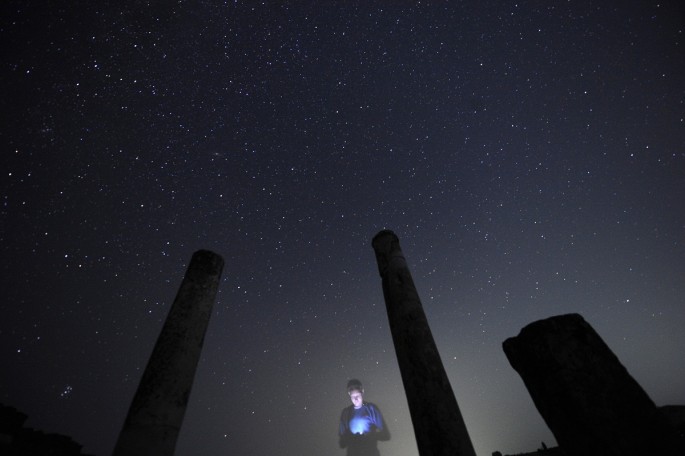Mark your calendar, star gazers! Perseids Meteor Shower peaks this week. This is one of the best shooting star events that offer a spectacular view in the August sky. Here is a small guide to viewing the much-awaited astronomical event. Also, find out where to watch online, live stream.
People residing in both Northern and Southern Hemisphere will be able to witness the Perseid meteor shower as the night skies remain clear. According to Earthsky.org, one can catch a falling star during the predawn hours Aug. 11, 12, 13 and 14, 2015. However, the cosmic show reaches its peak during the midnight of around Aug. 12 and 13.
Perseid meteor shower is said to be a major meteor shower that runs annually during the summer season. It is active from July 17 to Aug. 24 and produces on an average 60 meteors per hour and up to 100 meteors when it is at its peak.
Perseids finds its origin in debris from comet Swift-Tuttle, with orbital period of 133 periods. Its radiant point lies in constellation Perseus. The constellation derives its name from Greek mythology where Perseus was the son of the God Zeus and the Danae.
The website notes that Perseid meteor shower can be enjoyed with naked eye. One doesn't need a special equipment to witness the show. However, it is recommended that the astronomical event is observed from a dark location, away from the city light, under the open skies.
Star gazers and astronomy enthusiasts can also watch Perseid meteor shower online through live streaming. The websites called Slooh Community Observatory will live stream the event on Aug. 12, 2015.
NASA highly recommends Perseids to the sky gazers. NASA's official website notes that this meteor shower features "fast and bright" shooting stars. The August 2015 Perseid is a must-see as there will be no moonlight hindering the night sky spectacle.



























